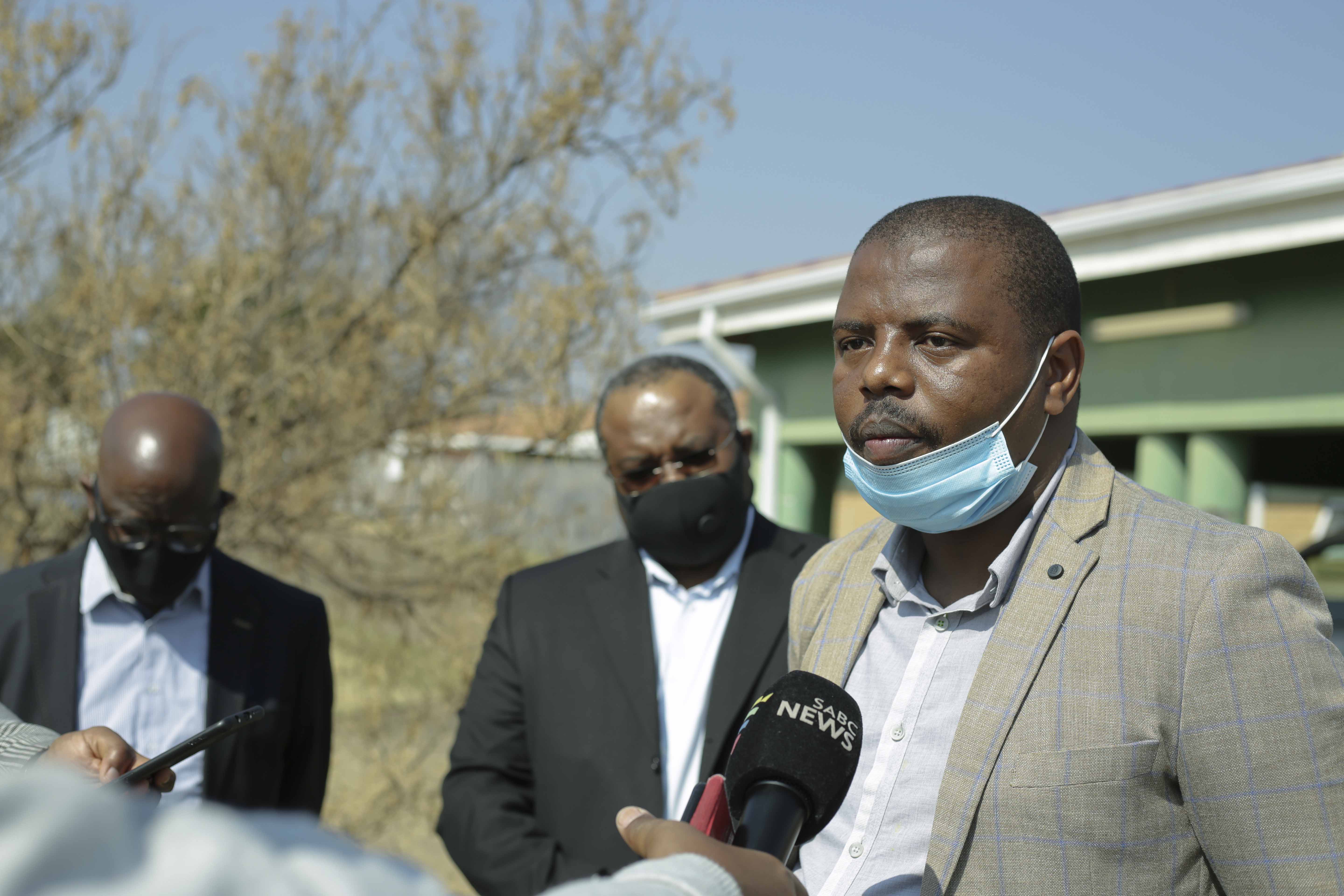MEC Hlomuka Remarks
Honourable Chairperson and Members
It is a great pleasure to be part of this important workshop where we present to our line function Portfolio Committee the KZN Provincial Water Master Plan – one of the most extensive research-based documents ever produced by this department and a document that is already being analysed and replicated in other provinces.
The importance of this document matches the importance of its subject – the provision of water to communities and its sustainability in the short-, medium- and long-term in the wider context of KZN’s socio-economic development.
It proudly encompasses water quality, water use efficiency, and inter-governmental co-operation. It sets ambitious targets for the provision of water as well as its protection and restoration of critical water ecosystems. This document also aims to address the many interlinked challenges our world is facing, particularly as we emerge from the Covid-19 pandemic. Its contents are thus relevant to everyone.
It is now clearly established that water is critical for poverty eradication and sustainable development. For example:
• Unsustainable exploitation of water resources is among the biggest threats to the ecosystems which are so essential for food security and for the livelihoods of many
• Water-related illnesses disproportionately affect poor people – and particularly poor children, and hundreds of millions of people worldwide
• Without adequate water provision, working people may not be able to go to work and children may not attend school, and they all may therefore miss out on income and education, respectively, and
• Women who must spend hours fetching water have less time for income-generating work and other important activities
These are but a few example but they tell the whole story. Overall, water provision deficits make for poor health, lower school enrolments, and greater gender disparities. They have wide economic and social impacts. With the fundamental importance of water in its own right well established as well as its clear links to other drivers of development, a master plan for the provision of water in a province as diverse as KZN, really is a no-brainer.
The document before us today puts water, clearly and unequivocally, at the centre of our development policy. It also implies that there is genuine political will for the water policy agenda which has led to the formulation of such an important planning tool.
To build on this momentum and drive, we pledge to implement this master plan in its entirety. To make this happen, we have already placed water – as is clear from our 2021/2022 Budget Policy Speech, at the heart of our development strategy, which in turn needs to be supported by all our partners, including this Portfolio Committee, and civil society. All of us here today have a role to play.
To tackle challenges related to water successfully, integrated approaches which cut across departments and sectors are needed. Municipalities, as a separate sphere of government, need to be on board to address these issues, working holistically across institutional silos.
The KZN Water Master Plan does indeed bring together stakeholders from different sectors and levels of government to co-ordinate the development and management of water resources in a more systematic manner than ever before. Its ultimate goal is to maximise economic and social welfare in an equitable manner, without compromising the sustainability of vital ecosystems.
Above all, the document before us demonstrates that accelerating progress on water under our developmental agenda is possible. It will require all of us working together, and a lot of innovation and ambition. I look forward to your reflections and proposals in the discussions on this document in the context of this important workshop today.
I thank you!

